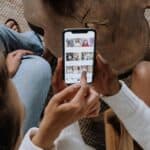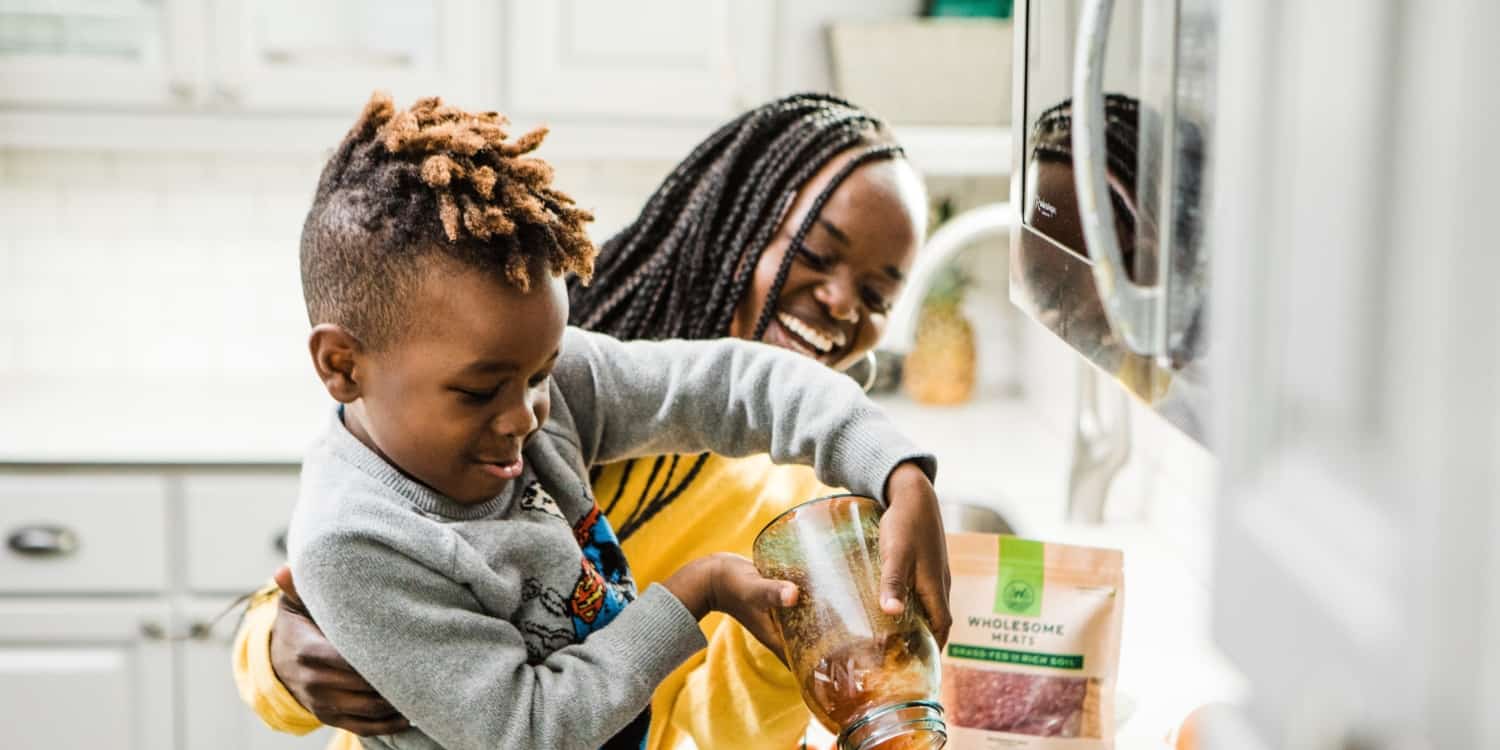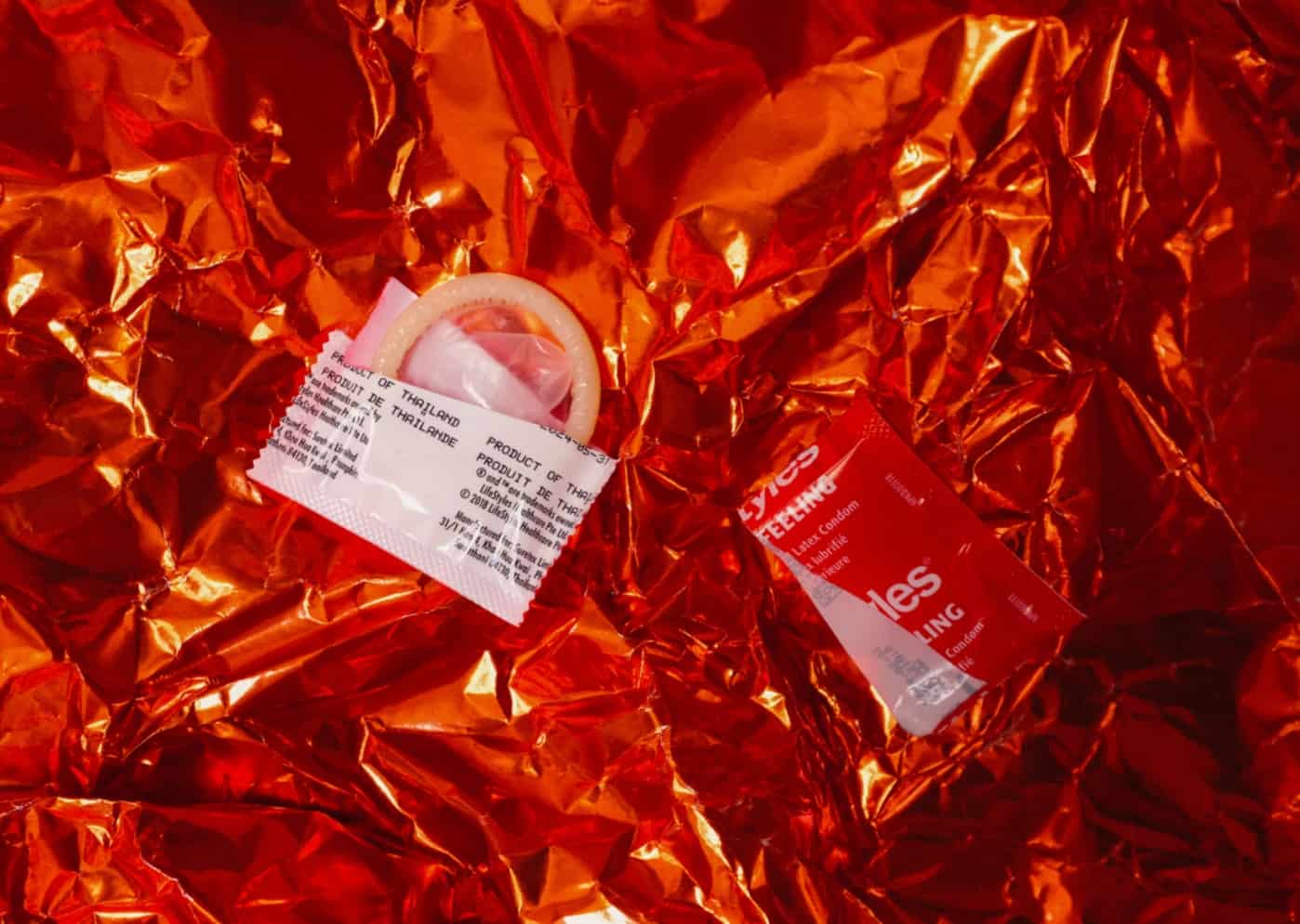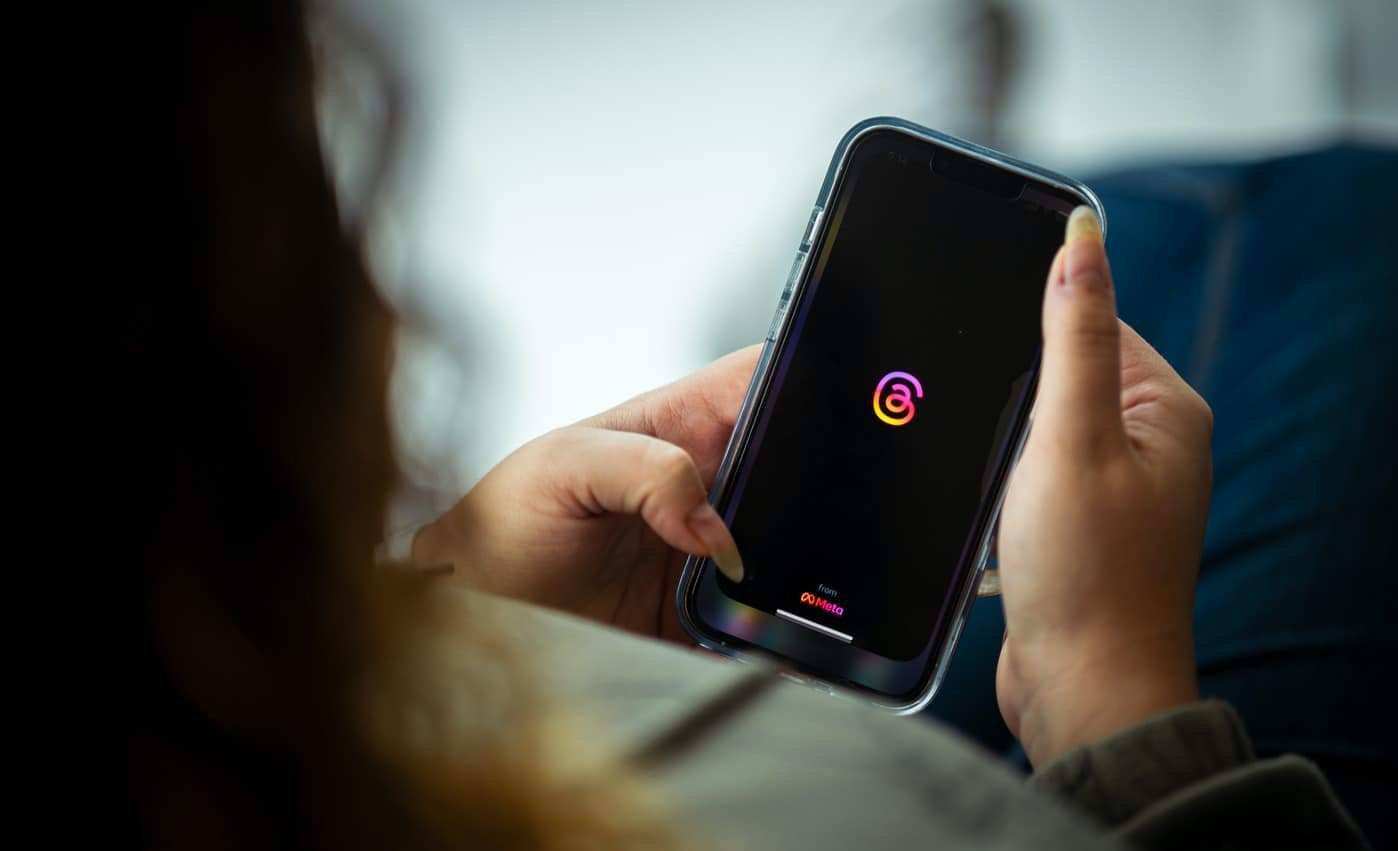Parasocial relationships are both a blessing and a curse for creators. Defined as a one-sided relationship or friendship with a public figure, parasocial relationships are undoubtedly beneficial for influencers but become problematic when followers invade their privacy and demand to know details about their personal lives.
Take for example US-based TikTokers Joe Ando and Niamh Adkins, who were once one of TikTok’s favourite couples. Between 2020 and 2022, they regularly made videos together, but in 2023 they only infrequently appeared in each other’s content. Fast forward to 2024, their followers are storming the comment section (specifically on Ando’s videos) to demand answers about their relationship and ask “where’s Niamh?”. Then, when Ando and Adkins do create TikToks together, their audience is “confused”. It shouldn’t have to be said, but their relationship status shouldn’t be up for public debate. People aren’t entitled to know every personal detail of their favourite creators.
However, it’s not that simple. Being vulnerable on the internet can help an influencer build trust with their followers. Having a dedicated audience that regularly engages with their content is fruitful – it leads to brand deals and media opportunities for the influencer. After all, these are the same people who are willing to buy their books and merchandise, support their ads and purchase goods through affiliate links.
Parasocial relationships can endanger creators
Vlogger Emma Chamberlain is no stranger to parasocial relationships and explained on an episode of her podcast Anything Goes that public figures fear for their safety, feel watched and are disrespected by followers who don’t respect their privacy due to unhealthy parasocial relationships. Influencers face harassment, stalking or having social services called on them just for sharing content. Every move is scrutinised, particularly on websites such as the infamous gossip forum Tattle Life.
Creators often struggle to balance how much to share online – it’s not all or nothing. In lifestyle creator Liv Purvis’ 2023 round-up, she noted that she had unconsciously disclosed fewer details about her personal life recently and explained: “Relationships online are a funny old frog to contend with. Soft launches/hard launches/breakups/the lot are a funny line to tow whilst navigating the tightrope of privacy and wanting to shout things from the rooftops.”
You may also like
Now, the line can get blurred even further with the recent rise of subscription and membership services, such as Substack, Instagram subscriptions or Patreon. When someone pays for content, there’s an expectation that they are owed something in return – more specifically, they are owed exclusive content and, potentially, more personal details. The same goes with influencer memoir or documentary deals – people will anticipate juicy new details as a reward for consuming the content.
But the truth is, influencers don’t owe their followers anything. They can – and should – have boundaries with their audience. While influencers may waive the right to privacy when they decide to document their life online in exchange for a loyal community and potential career, they still deserve respect and common courtesy.
By Caroline Edwards, CORQ news and features writer.










Digital detox: creators are ditching daily content creation in bid for better work-life balance